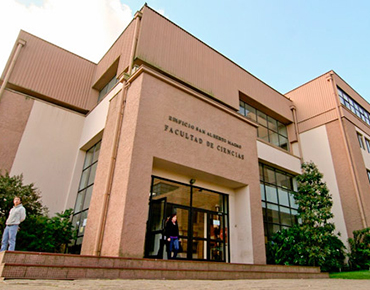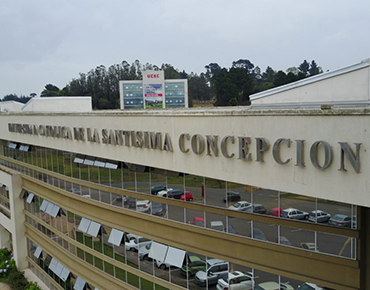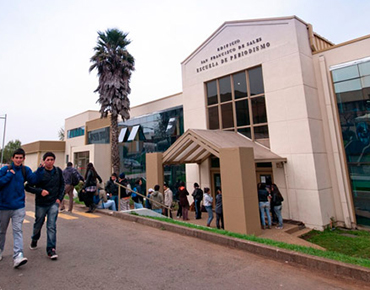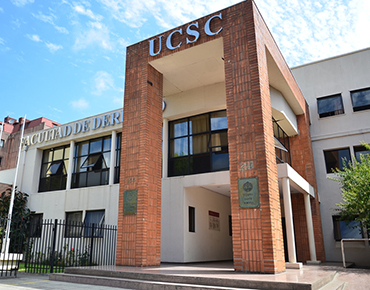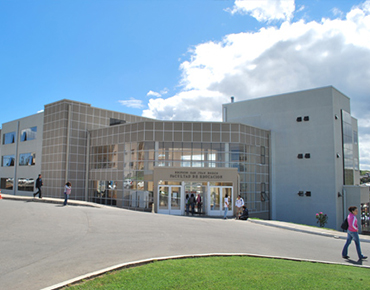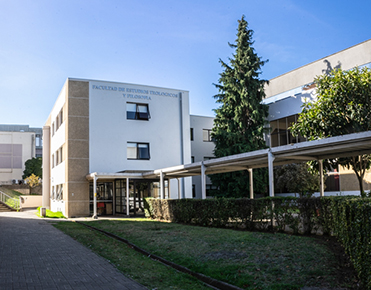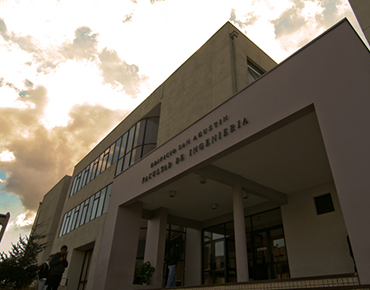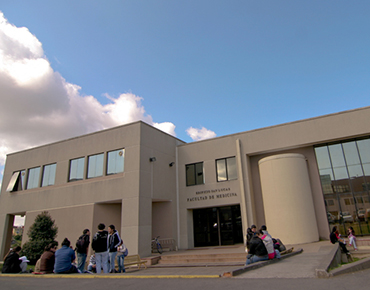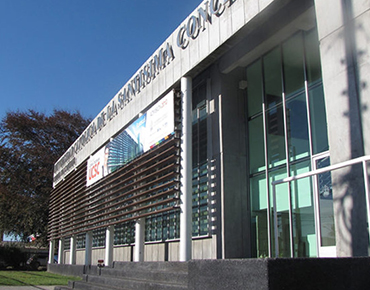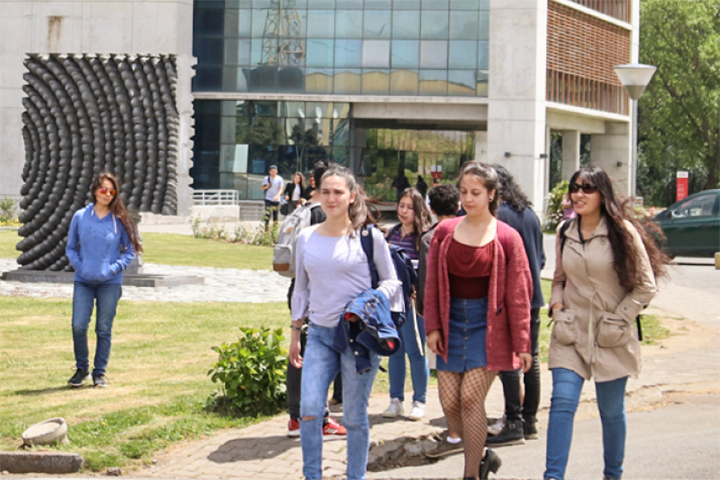
Study abroad
Exchange Students
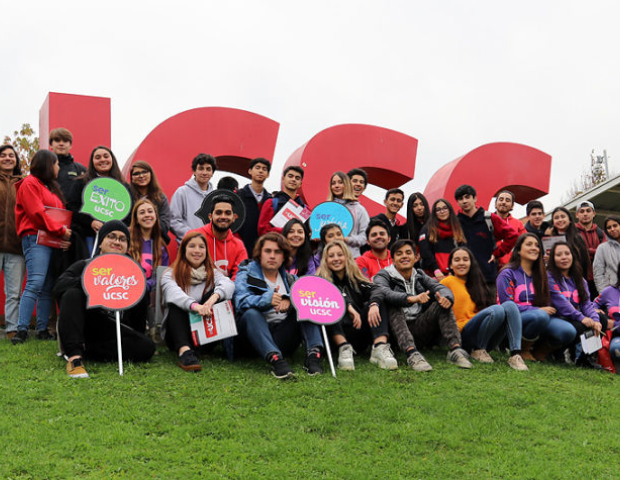
About the UCSC
The Universidad Católica de la Santísima Concepción was founded on July 10th, 1991. It is the successor of the regional campus of the Pontificia Universidad Católica de Chile, whose origins go back to 1971.
The UCSC is a member of the Council of Rectors of Chilean Universities (CRUCH), which is a network of the “traditional” universities in Chile. The university is also a member of the Chilean Chapter of Catholic Universities, and the International Federation of Catholic Universities (FIUC).
Although our main campus is located in the city of Concepción, the University is also present in the cities of Talcahuano, Chillán, Los Ángeles and Cañete.
